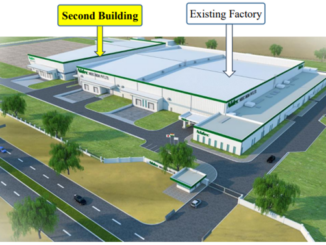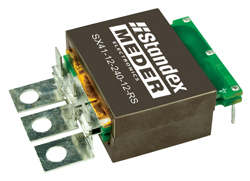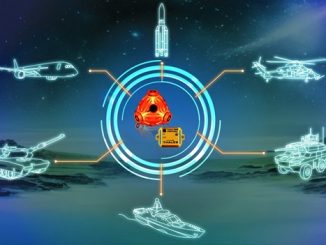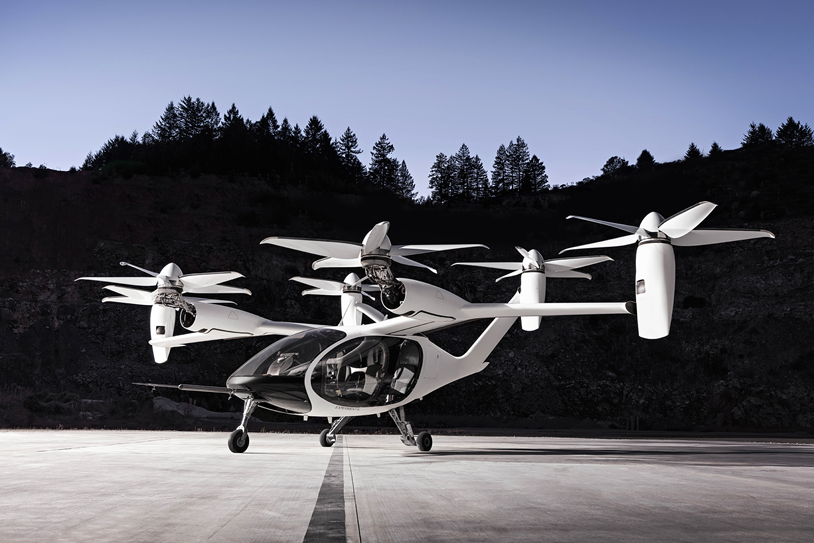
Toyota, long a pioneer in electric vehicle technology, is exploring a new flight path for mobility through a collaboration with Joby Aviation, an aerospace company that is developing and commercializing all-electric vertical take-off and landing (eVTOL) aircraft to enable the deployment of fast, quiet and affordable air transportation services.
It’s too early to tell whether the revolutionary aircraft will carry the estimated 2.2 pounds of magnets in a Prius, or more, but views of its latest prototypes being tested for flight certification have six rotors each, presumably, with its own permanent magnet motor.
“Air transportation has been a long-term goal for Toyota, and while we continue our work in the automobile business, this agreement sets our sights to the sky,” said Toyota Motor Corporation President and CEO Akio Toyoda. “As we take up the challenge of air transportation together with Joby, an innovator in the emerging eVTOL space, we tap the potential to revolutionize future transportation and life.”
As the lead investor in Joby’s $590M Series C financing, Toyota is investing $394M and will share its expertise in mass manufacturing, quality and cost controls for the development and production of the aircraft. With Uber onboard as a services partner, Joby plans to be involved in the operations side of the business as well. Joby is based in Santa Cruz, CA.
As it reaches a milestone with its EV business begun 23 years ago when it launched the Prius, Toyota is embracing emerging technologies as it seeks to transform into a mobility company that is better equipped to meet the unique mobility needs of individuals everywhere.
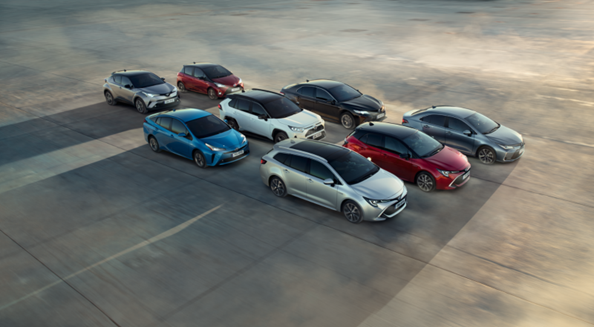
This year Toyota passed the milestone of more than 15 million hybrid electric vehicles sales worldwide since the Prius was first launched in 1997. The range of available hybrid electric vehicles at the global level from Toyota and Lexus now reaches 44, far eclipsing the original flag-bearer that remains the symbol of the company’s early and visionary foray into mass electrification. It has been estimated that each Prius carries about 2.2 pounds of neodymium magnet material in its traction motor.
As a result of its long hybrid electric vehicle experience, the company has deep transferable expertise in the core electrification technologies which are common across all form of electrified powertrains, putting them in pole position for an electrified future, says the company. Over two decades of continuous development of electric motors, batteries and power control units has taught it how to manage and reuse energy efficiently, providing a range of electrified options for Toyota and Lexus autos through HEVs, PHEVs, BEVs and FCEVs.
It is anticipated that eVTOLs will help to create new mobility services with the potential to help alleviate persistent mobility challenges. Those challenges include traffic congestion in urban areas, increased environmental burden and the lack of transportation in underpopulated areas, for both people and goods. eVTOL’s combine elements of helicopters and small airplanes, offering benefits that include high reliability, zero emissions, fast flight speeds and quiet operations. The Joby aircraft is designed to fly as fast as 200 mph with a range of 150+ miles on a single charge and be 100 times quieter than conventional aircraft without any carbon emission.
In December, Joby and Uber signed a multi-year commercial partnership to launch an urban air taxi service in select markets. Joby will supply and operate the electric air taxis while Uber will provide airspace support services, skyport infrastructure, connections to ground transportation, and customer interfaces through an aerial rideshare network with a timetable to deploy air taxi services by 2023.
For more info, see www.toyota.com and www.jobyaviation.com.

